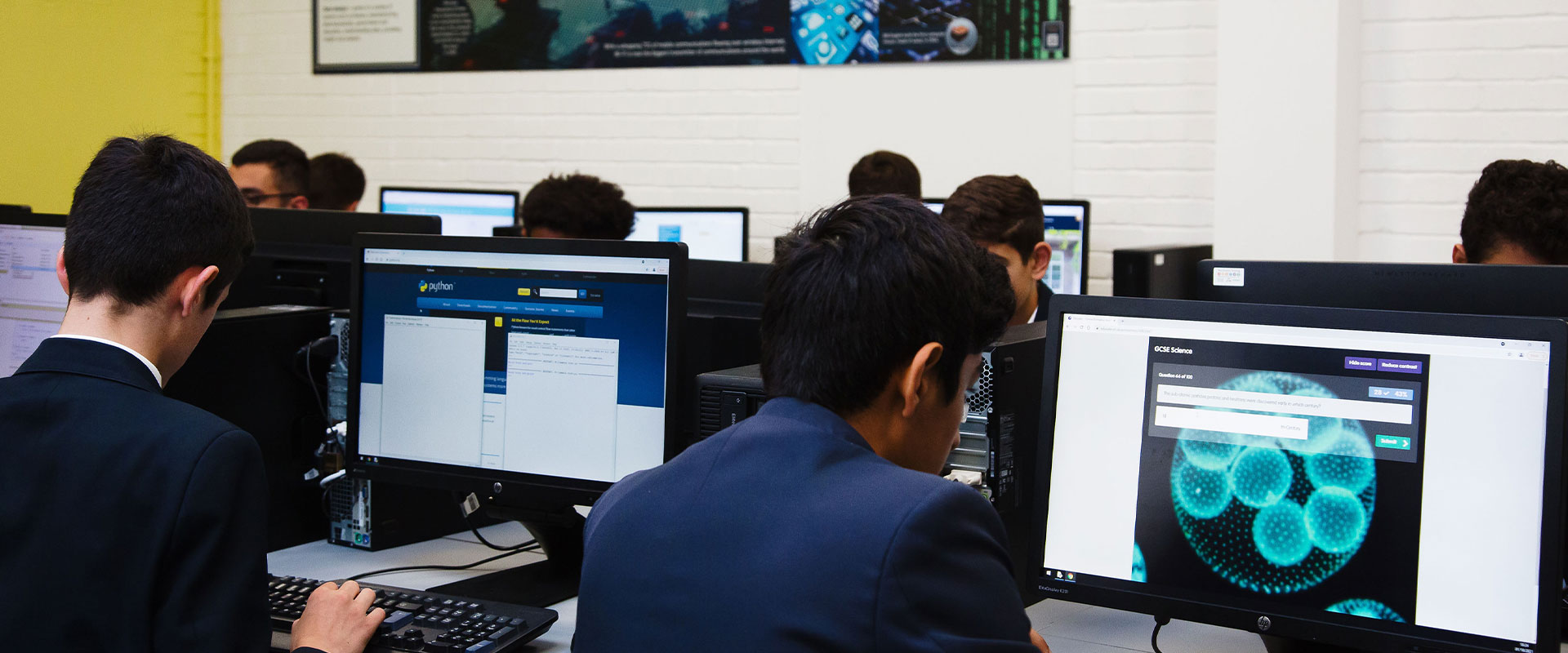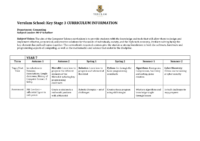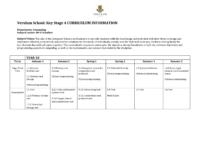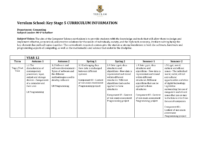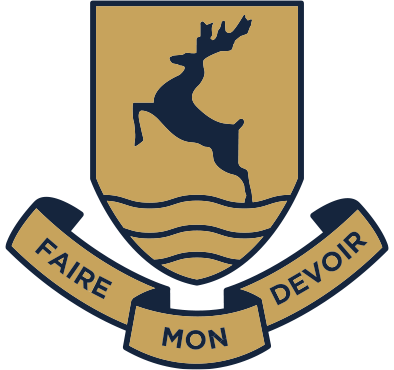Computer Science
Through the development of new applications in science, engineering, and business, Computer Science is radically changing the way in which we experience our world.
Computer Science is a diverse and exciting subject. To reflect this, and allow students to experience as many different elements of the subject, we have a wide variety of half termly content at KS3. The underlying theme of Computer Science is problem solving with a strong element of solving problems through computational methods. We teach physical programming using Micro:bits, Robotics and AI cameras alongside more traditional programming using Python. To keep up-to-date with the ever-changing nature of technology we frequently look at introducing topical and engagement content. Our most recent changes to the curriculum saw the introduction of Robotics in Year 7 (2023) and Artificial Intelligence in Year 9 (2024).
GCSE Computer Science is one of a variety of options that can be selected at GCSE. It counts as one of the Science options for the English Baccalaureate (Ebacc). GCSE Computer Science is an oversubscribed option that currently runs two classes in Year 10 and Year 11. Students who take this course need to be aware that they are competing with some of the brightest and most able minds in the UK, and as such, we expect students to have a high degree of motivation and commitment.
The course is separated into two examined core components and one non-examined practical programming element.
- Component 01: Computer Systems looks at the theoretical concepts of Computer Science. Students write a 1hr30 exam paper worth 50% of their overall grade.
- Component 02: Computational thinking, algorithms and programming looks at the practical elements of the course and will test skills such as computational thinking. Students write a 1hr30 exam paper worth 50% of their overall grade.
Practical Programming looks at developing the actual skills needed in developing a working solution to a computational problem. These skills will be examined in the content of component 2.
A-Level Computer Science is also one of a variety of options that can be selected at A-Level. This challenging and rewarding course is divided into three components. This takes the form of 2 examinations and 1 piece of coursework.
- Component 01: Computer Systems looks at the theoretical concepts of Computer Science. Students write a 2hr30 exam paper worth 40% of their overall grade.
- Component 02: Algorithms and Programming looks at the practical elements of the course and will test skills such as computational thinking. Students write a 2hr30 exam paper worth 40% of their overall grade.
- Component 03: Programming Project. Students are required to develop a coded solution for a problem; for example, designing a computer game or piece of software. Students document their software development journey in a report format that is completed in Year 13. This project is worth 20% of their overall grade.
At GCSE and A-Level students are taught a mix of theory and practical programming. There is regular homework and teaching follows a flip learning approach where students are required to engage with the theoretical concepts before the lesson. This allows students to maximise the learning time within a lesson to work on developing and extending their understanding of the concepts. There is an expectation that all students who take this course are to engage with regular programming activities outside of the classroom. To support learning we offer after a weekly after school session.

